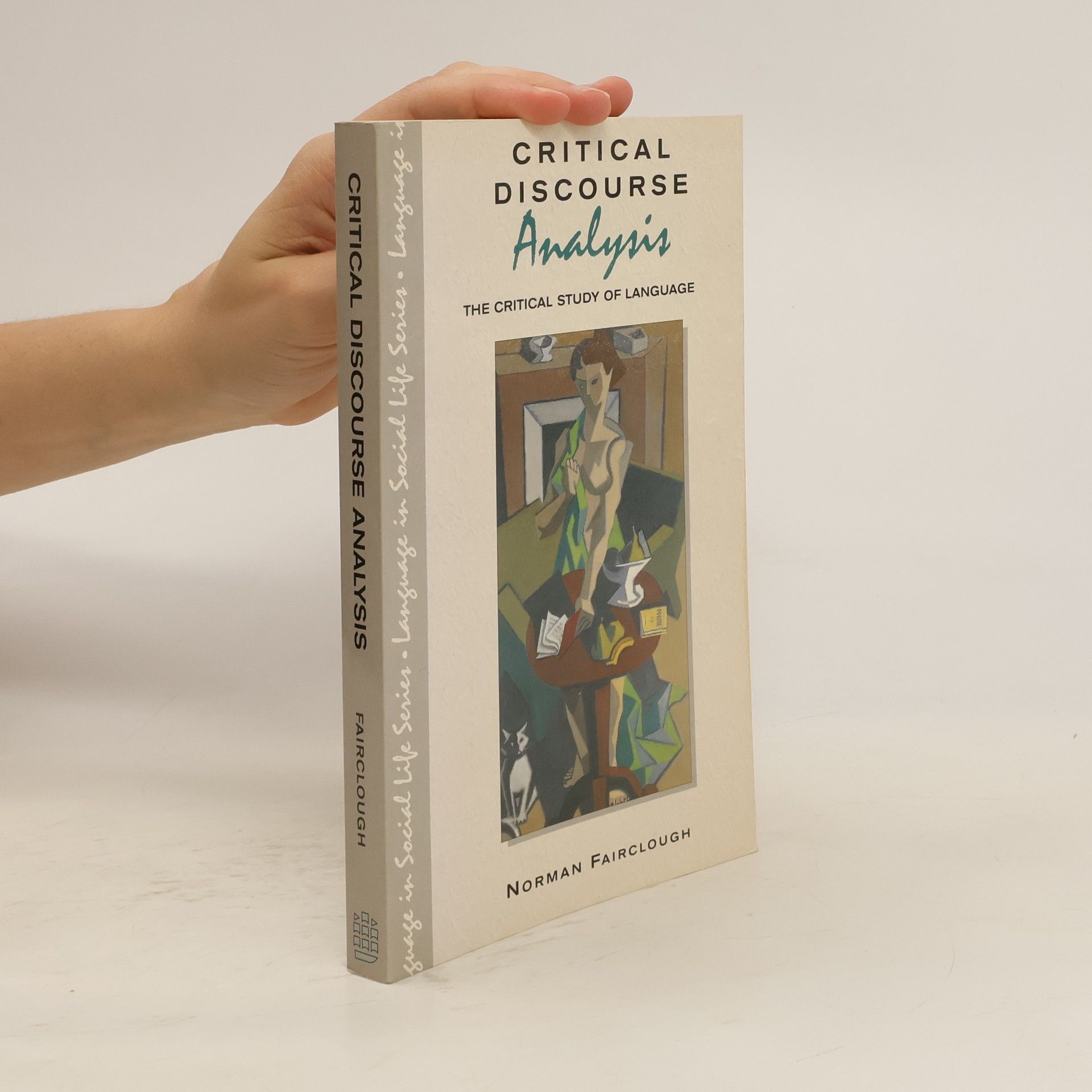This book brings together work on critical discourse analysis to explore language in power and ideology. Divided into four sections, the first examines the development of an analytical framework for researching language in relation to power and ideology. The second section deals with the theme of discourse and contemporary social and cultural change, and the use of a critical discourse analysis analysis frmaework in the studyof change. Chapters in the third section address discourse analysis based outside language studies, arguing for the use of textual analysis in discourse analysis as a method of social research. The final section is concerned with critical language awareness, educational applications of critical discourse analysis within language programmes in schools and educational institutions.
Norman Fairclough Libri
1 gennaio 1941
